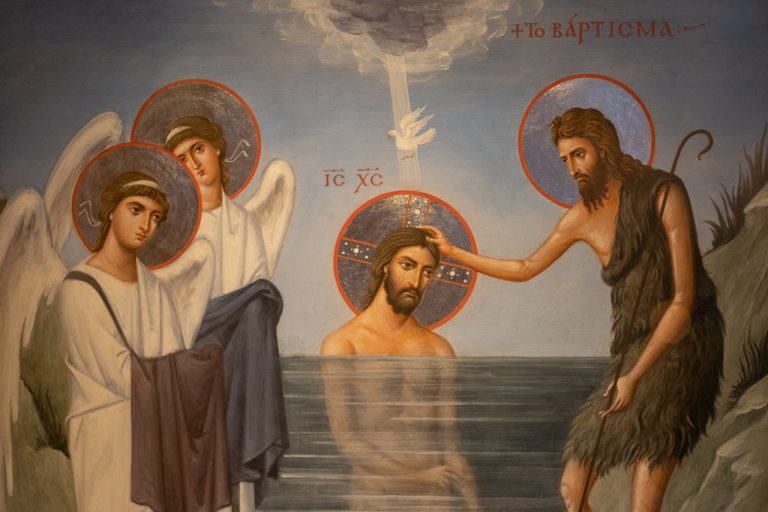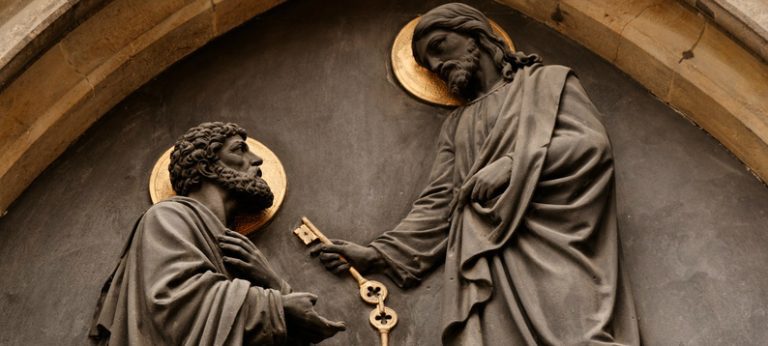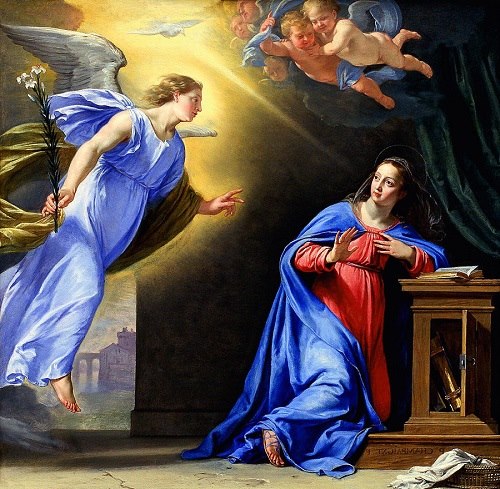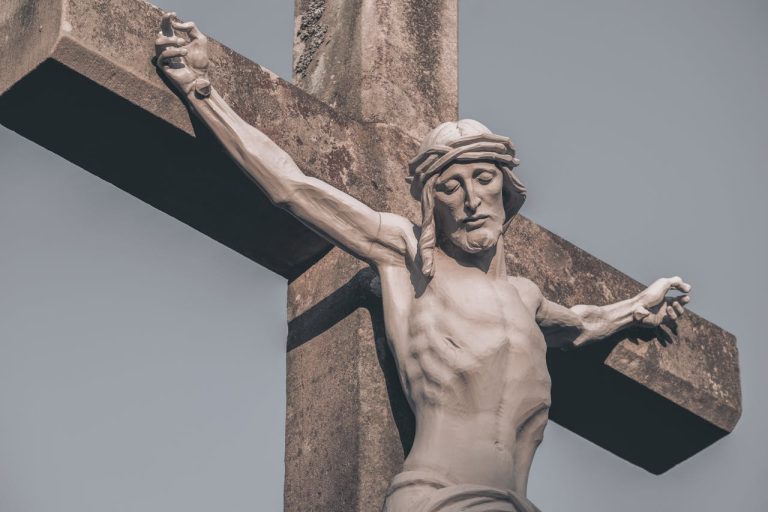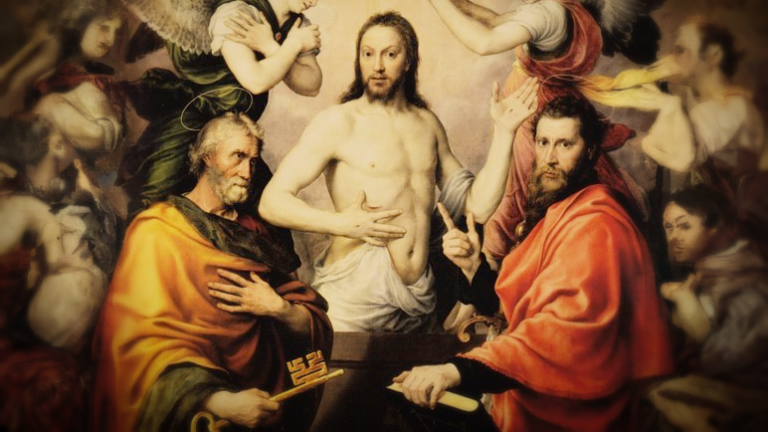Dante, near the end of The Inferno, ended the first book of his trilogy by describing the eternal punishment meted out to the three worst people who’d lived in all the history of the world before his own illustrious career, in the late 1200s.
He concluded that the three worst people in the world were Brutus, Judas, and Mohammad. Their fate was to spend eternity in the devil’s mouth. There, they were chewed savagely with endless and awful agony. Their crimes were not completely unlike.
Brutus betrayed human loyalty by helping assassinate Caesar, his former friend, to gain power.
Judas betrayed his friend and his God both for money and to curry favor with the establishment.
Mohammad attacked both mankind and God. He put an institution in place to continue the attack, continuing what Ishmael began in Genesis: “He set himself against his brothers.” Today, his brothers are the other sons of Abraham from whom so many of us between Tibet and California are descended.
By considering this, and realizing that we want to avoid a fate worse than death, we are reminded to be loyal, selfless, and faithful to God. Anything we allow to separate us from that faith leads us closer to the end suffered by Brutus, Judas, and Mohammad.
In reading and re-reading The Inferno, one is struck with how realistic it is. One translator suggested that “Dante was actually describing what he saw.” After having read it many times, in several translations, it’s easy to agree that he may have, like any journal-keeping tourist, been recording people he met, vistas, and things that happened along the way. After enough readings, the unending depths of his profundity make that the most sensible way to look at it, at least for some Catholic Fundamentalists.




